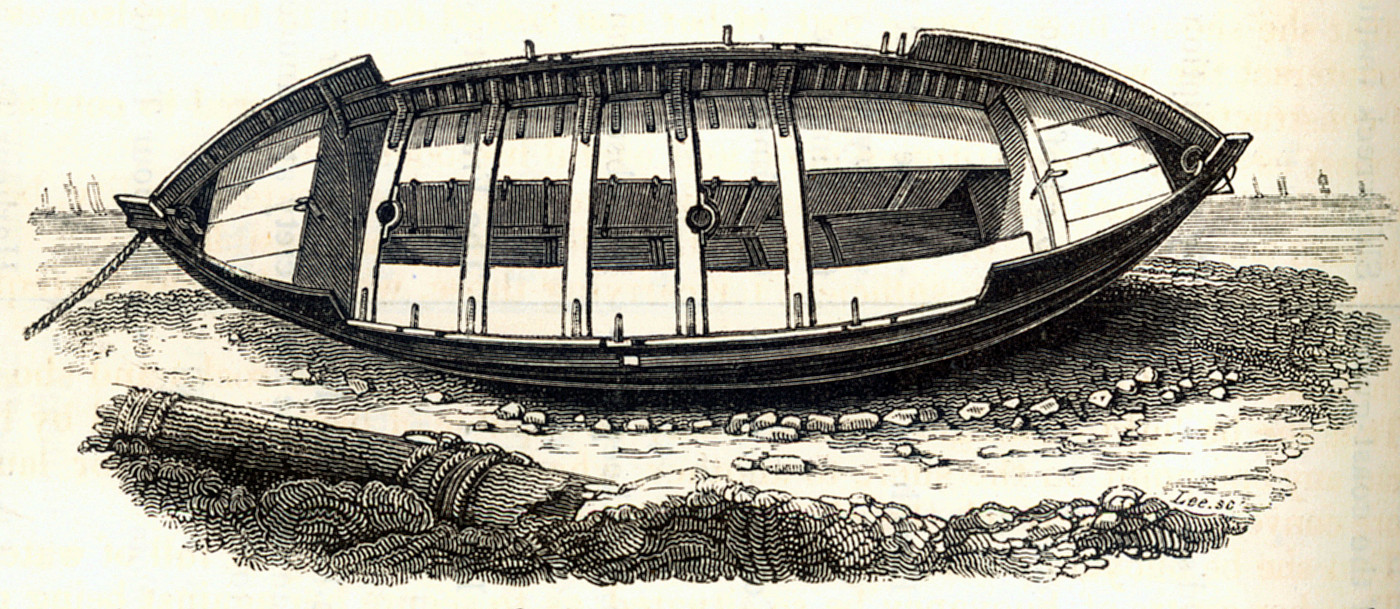Thursday, September 12 2019
The Royal National Lifeboat Institution (RNLI) charity saves lives at sea. Its volunteers provide a 24-hour search and rescue service around the United Kingdom and Republic of Ireland coasts, operating 237 lifeboat stations and more than 200 lifeguard units on beaches around the UK.
At Lloyd’s Register Foundation, we are very proud of our association with the RNLI. Most of its volunteer crew do not come from a maritime background, making quality training fundamental to their ability to save lives. Since 2007, a fund of over £2m has been used to deliver essential sea survival training of over 3000 new RNLI crew members, giving them the vital skills they need to rescue those in danger, whilst keeping themselves and their fellow crew members safe.
Reaching this milestone figure is a powerful testimony to the incredible dedication of the RNLI and their volunteers, a factor further recognised in some statistics from 2017-2018, a period in which lifeboats from RNLI stations supported by the Foundation launched 8,918 times, aided 9,170 people and saved the lives of 198 people
The Foundation’s new challenge-led strategy includes an ambition to make significant contributions to there being no deaths from working at sea by 2040. We look forward to developing our association with the RNLI, and potentially identifying more ways in which we can both make the world a safer place.
We have had a connection to the RNLI since the early nineteenth century. George Palmer, Chairman of the Provisional Committee at Lloyd's Register from 1833-1834, was a member of the RNLI and was its vice-chairman for 25 years. He designed a class of lifeboat that was used until 1858 and used his influence at parliament to promote safety at sea.


